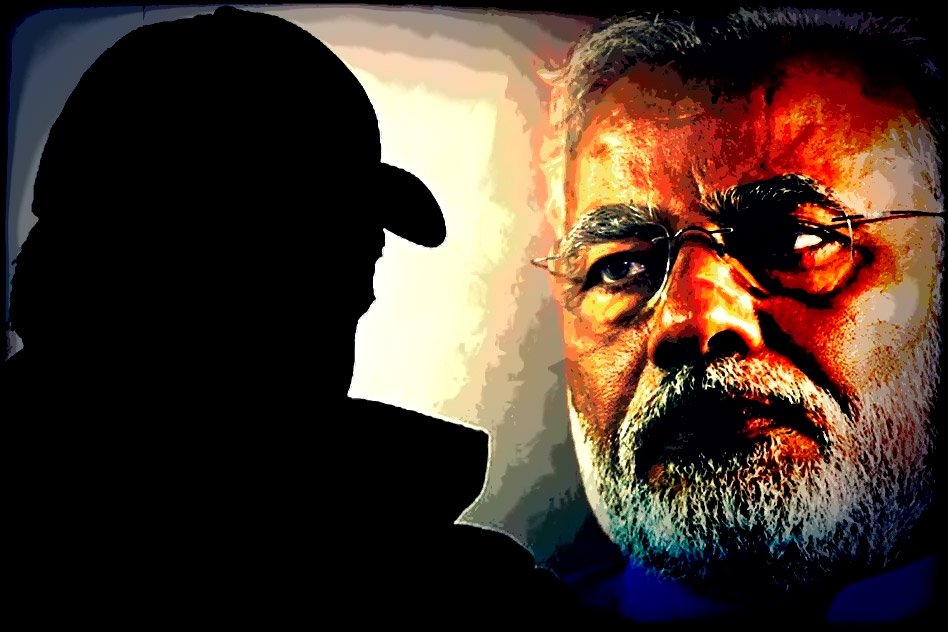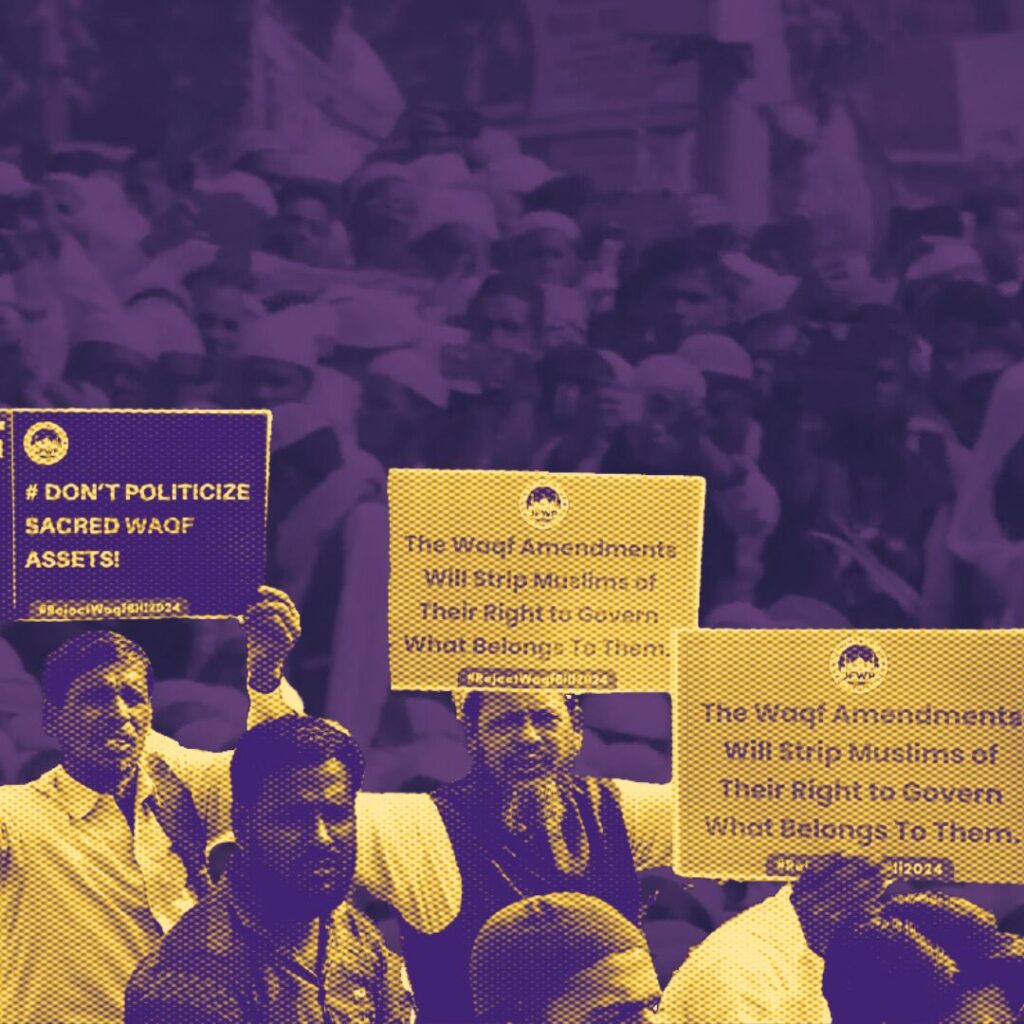Photo Credit: FoxNews
A few days ago, we’d lauded the AAP government in Delhi for being the first in India to bring in a strong whistle-blower protection law in the national capital. We had hoped that the Delhi governments action would prompt the Narendra Modi government at the centre to rethink its plans of massively diluting the existing whistle-blower protection law.
Sadly, the central government has tabled an amendment bill that significantly reduces the mandate of the Whistle-blower Protection Act of 2011.
Unless the information has been accessed through the Right to information (RTI) Act, leaking of information held under a fiduciary capacity – for example by an agent or lawyer or broker – will no longer be protected by the law. Information that can be classified as ‘unwarranted invasion of privacy’ of an individual would also not be covered by the law, unless accessed through an RTI application.
Another loophole being introduced is the exemption of cabinet papers covered by the Official Secrets Act (OSA), which includes deliberations by council of ministers, secretaries and other government officials. Government officials already place most documents pertaining to cabinet decisions under the Official Secrets Act, effectively preventing their use by whistle-blowers exposing any corruption or wrongdoing.
Documents pertaining to commercial confidence such as intellectual property and trade secrets is also being exempted from the law, significantly reducing the leeway for whistle-blowers wishing to expose any alleged corporate corruption.
All this essentially means that the central and state governments become the supreme decision maker in deciding whether the supporting documents or information attached by the whistle blower falls in any of the exempted categories. So, the government decides whether what evidence the whistle-blower can use against it – how absurd is that? This massively reduces the opportunities for individuals to blow the whistle on government corruption. If the government decides that the information is excluded from protection under the law, the central vigilance commission will not be allowed to investigate further.
To summarise the amendments being made, unless a whistle-blower can prove that the evidence he is submitting has been obtained via the RTI act, s/he can be punished for attaching such records to this complaint.
It is highly unfortunate that Narendra Modi government who came to power promising a corruption free state has brought in such an amendment that essentially eliminates protection for whistle-blowers.










